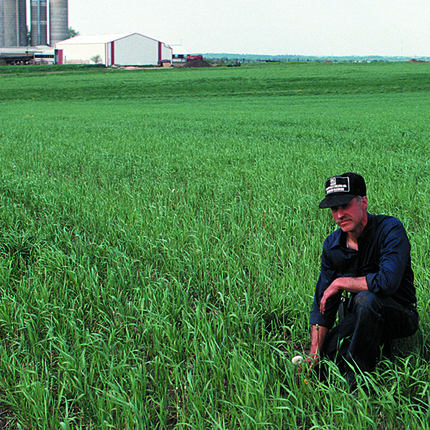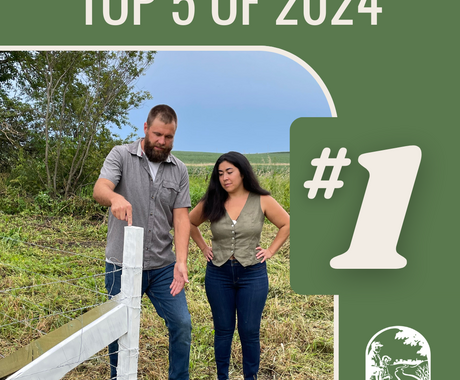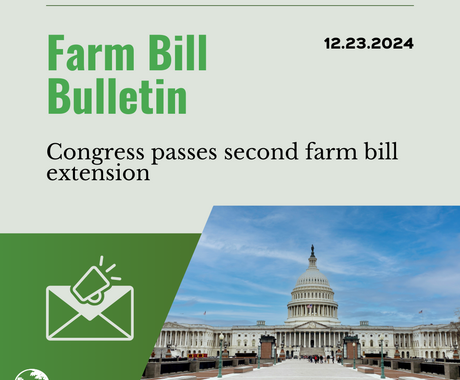By Mary Kuhlman, Public News Service - Iowa
Planting cover crops now could save Iowa farmers money in the future.
The Iowa Department of Agriculture and Land Stewardship recently kicked off a three-year project aimed at increasing acres of cover crops and improving water quality in the state.
Aaron Lehman, president of the Iowa Farmers Union Aaron Lehman, says the program offers a $5-per-acre premium reduction on 2018 crop insurance for farmers who have fall-planted cover crops with a spring-planted cash crop.
"It doesn't pay for the entire cost of a farmer using cover crops but it's a step in the right direction and it's first of its kind,” Lehman states.
“There is no other incentive like this in the entire country, so we're really happy that the state of Iowa is breaking ground on this new incentive."
Lehman notes that the incentive provides good support for those just starting cover crops, and adds that over time farmers find ways to save money and increase yields.
The USDA Risk Management Agency is offering the funding as an additional insurance premium discount through the regular crop insurance process. Applications will be accepted through Jan. 15.
The project is part of the Iowa Water Quality Initiative, which aims to reduce nitrogen and phosphorus runoff by 45 percent.
Lehman says it's a win-win for farmers, since crop insurance provides income stability and cover crops improve land resiliency.
"Cover crops retain the nutrients in the soil during the late fall, early spring period, and that's extremely important to improve Iowa's waterways,” he states. “In addition to that, it helps the farmers' fields by improving soil health, eliminating soil erosion, helping deal with compaction issues."
Lehman says cover-crop seeding dates have been extended, and as harvest comes to a close, farmers are encouraged to continue seeding winter-hardy cover crops to provide protection from the elements this spring.
Feature photo: Cover crops on a field in Black Hawk County, Iowa. | Photo by Lynn Betts, USDA Natural Resources Conservation Service





